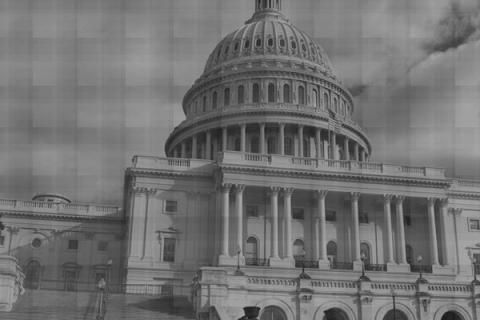University of California at Davis campus activists are frustrated by a court-ordered delay in the release of a task force report on the November 18 pepper spraying of a dozen student protesters by campus police.
An Alameda County Superior Court judge this week temporarily stifled the task force report in response to demands by the union representing the police that major portions of the report be withheld. This same union had previously prevented the task force from interviewing key police officers involved in the pepper spray incident.
“Due to the uncertainty created by this legal development, General Counsel has advised that any information relating to the Task Force Report … should not be released publicly by the University or individual members of the Task Force,” said former California Supreme Court Associate Justice Cruz Reynoso, head of the task force, in a note to members of his team.
Raul Aranovich, a linguistics professor at UC Davis and a member of the Novemberist Group, a consortium of faculty concerned about responding to the pepper spray incident, told me by email yesterday, “Mostly I want the report to be out so that I can engage in a conversation with some of my colleagues about the events, and who is responsible for them. In the recent round of confidence/no confidence votes, many faculty abstained from voting because they were waiting for the official investigations to run their course. Without a public disclosure of the results, there is no starting of a dialog.”
The confidence/no-confidence votes were taken by UC Davis faculty regarding school chancellor Linda Katehi. She received the support of the majority of voting faculty members.
The Los Angeles Times reported Tuesday that the union claimed it was not seeking to quash the entire report:
“Union attorney John Bakhit said … he wanted UC to follow state law that restricts the public release of some police personnel information, similar to restrictions on releasing a patient’s hospital records.”
The Reynoso task force received assistance from a security consulting firm headed by former Los Angeles police Chief William Bratton. The firm had been restricted from interviewing a number of the campus police officers directly involved in pepper-spraying the students.
The report had been scheduled for a Tuesday release online followed by a public forum that afternoon. Those plans were put on hold because of the court action.
“Blocking the release of the document … puts the police department in opposition to the faculty body,” Aranovich told me. “We are used to openly debating contrary points of view. It would have been better for us to read the report and also hear what the police force has to say about it, then make up our minds. The faculty has already voted overwhelmingly to repudiate the police actions. Instead of closing ranks, they would be better served by talking about what went wrong with the civilian oversight of their training and actions.”
A UC spokesperson told the L.A. Times that the restraining order put the university “in a holding pattern.”
The issue will be taken up again on March 16, at which time the Superior Court will attempt to determine whether the temporary restraining order should be dropped or a permanent injunction granted.

